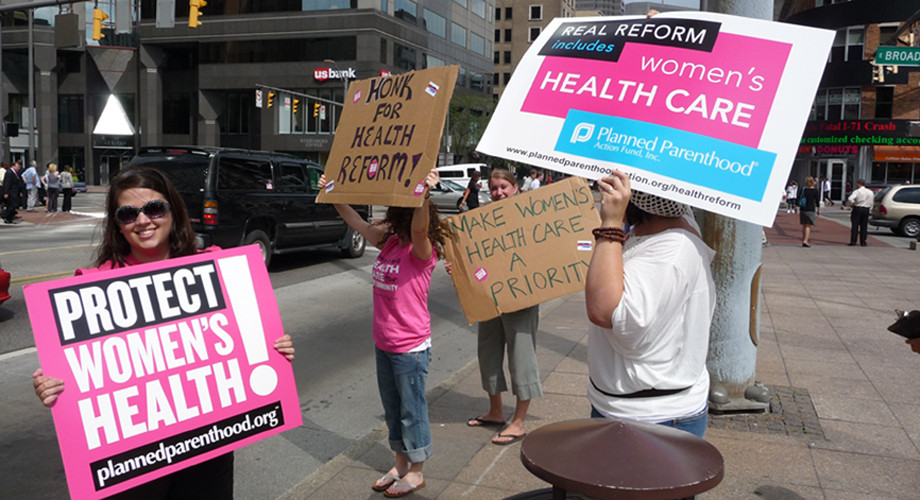Behind the looking glass: overcoming Racism and Xenophobia in Women’s Rights claims

I’m a feminist. Well, that does not come as much of a surprise given the audience and the editorial lines of Shameless. But am I what could be labelled as an intersectional feminist? That means that I believe that gender is one of the power relations that permeates our societies, but we can not dissociate that dynamic from other power relations such as class, race/ethnicity, age and others. It makes discussions more complex, yes, as well as more inclusive, and it enables us to reach more comprehensive answers. Like gender, our relationships work through spectrums and lenses that need to be understood in order to be deconstructed.
So, why am I talking of deconstruction and what seem to be pretty abstract concepts in order to discuss women’s rights? For once, I have noticed a very frightening trend of using women’s rights to justify racism, especially Islamophobia. We all agree (or we should) that women’s rights and all human rights violations should be denounced. However, when that argument is used not for guaranteeing Human Rights, but to violate other minorities’ right, we have to speak up about it.
Also, it very sad and somewhat ironic that this discourse comes at the same time that a woman was threatened with rape for doing a PSA against street harassment… Not to mention the 10 hours of harassment caught on tape. Women face that type of harassment everyday in most capitals around the world and yet, there is no outcry from those same sources. Where is the indignation to having your safety violated and being public objectified just by virtue of being a woman in a public space?
I worked in the Maldives for a while. It is a Muslim country and my first in-depth experience working with Muslim communities. I have come to realize that in the Maldives, in Malé, women and girls had a lot more freedoms than in other Muslim countries such as Saudi Arabia, while in the rural communities, they still are very far from places like Turkey. I could work there and relate to those issues that had in fact, very similar roots or consequences as the ones I had seen in Latin America or Africa because I was open to their experience, to their voices. I didn’t place gender-based violence as a Muslim issue… If that were true, 1 in 5 women wouldn’t be sexually assaulted in the United States.
We have to look for better answers. Gender-based violence happens because we allow it… As countries, as societies and as individuals. Every time we minimize a story about sexual assault, every time an institution re-victimizes victims of homophobia, every time a newspaper that calls domestic violence a “passion crime” – all those dynamics are part of gender-based violence and allow it to be perpetuated.
Most countries have participated in the International Conference of Population Development (ICPD). Those agreements were made 20 years ago on our Sexual and Reproductive Health rights (SRHR) and until this day, groups still talk about our SRHR as if they were up for discussion. The Convention on the Elimination of All Forms of Discrimination against Women was ratified in 1979 and now, 35 years later, conservative groups all over the world seem to be advocating for the restriction of women’s rights. We have to be critical of ISIS, undeniably, but it is very dangerous to apply that perspective to all Muslim community and not pause for self-reflection.
It starts by asking: does my country have rape or sexual violence laws? Do women have equal pay for equal work? Has my country ever had a female representative? How are women portrayed in mass media? Through those questions we can begin to be more aware of our own faults as a society and realize that patriarchy and power relations don’t need religion to be oppressive (even though that’s a strong mean) – they mostly need people who naturalize and perpetuate that violence.



